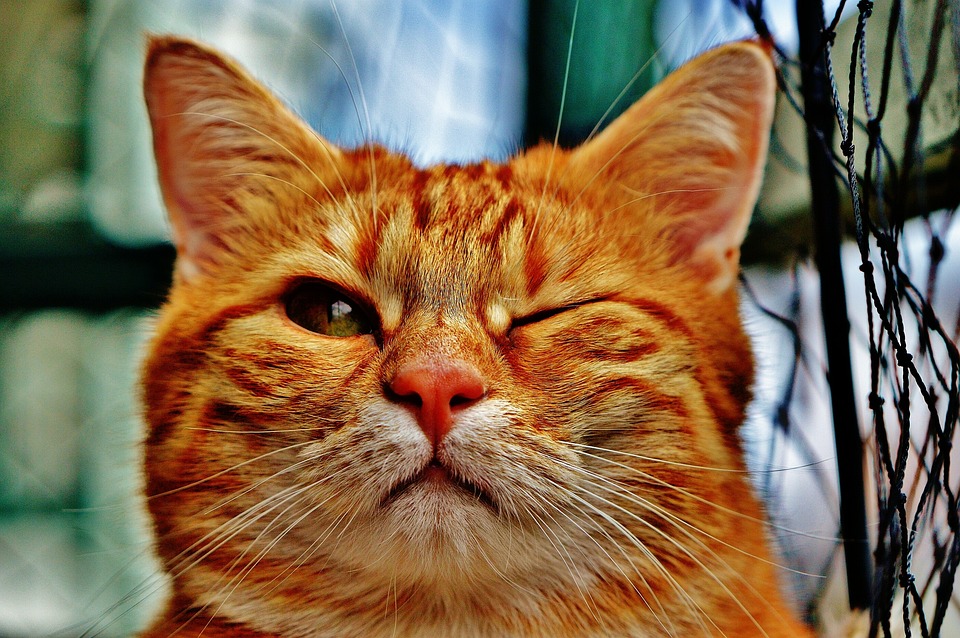In conclusion, a balanced diet is crucial for your cat’s health and well-being. It provides them with the necessary nutrients to thrive and maintain a healthy weight, strong bones and muscles, a robust immune system, and a shiny coat. By consulting with a veterinarian, choosing high-quality cat food, understanding food labels, avoiding common feeding mistakes, and incorporating variety in your cat’s diet, you can ensure they receive a nutritionally complete and balanced diet.
Additionally, it is important to address some frequently asked questions regarding feline nutrition. While homemade diets can be an option, it is essential to consult with a veterinarian or pet nutritionist to ensure your cat’s specific nutritional needs are met. The frequency of feeding depends on factors such as age, activity level, and health condition, and cats should not be vegetarians as they require animal-based proteins for optimal health.
There are certain foods that cats should avoid, as they can be toxic and harmful to their health. It is best to steer clear of chocolate, onions, garlic, grapes, raisins, and artificial sweeteners like xylitol. In terms of supplements, if you are feeding your cat a nutritionally complete and balanced diet, additional supplements are generally unnecessary. However, it is always advisable to consult with a veterinarian before introducing any supplements or if you have concerns about specific deficiencies or health conditions.
Signs of an imbalanced diet may include weight loss or gain, dull coat, digestive issues, lethargy, or changes in behavior. If you notice any of these signs, it is crucial to consult with a veterinarian to assess your cat’s diet and overall health. Lastly, when switching your cat’s diet, it is best to do so gradually over a period of 7-10 days to avoid digestive upset.
By prioritizing a balanced diet for your cat, you are investing in their long-term health and ensuring they live a happy and fulfilling life. Remember, a veterinarian is your best resource for determining the best diet plan for your cat and addressing any specific concerns or dietary needs they may have.








